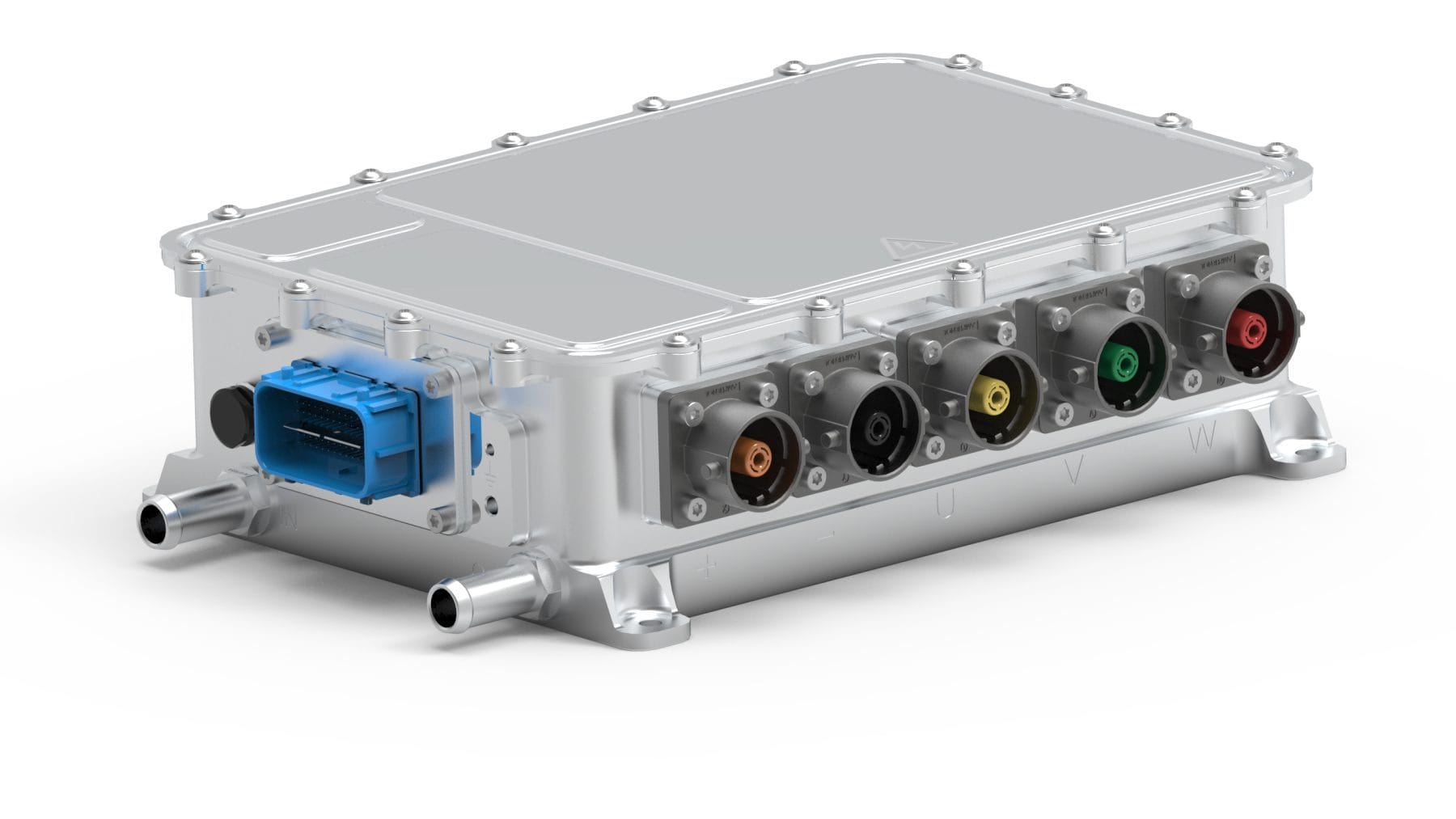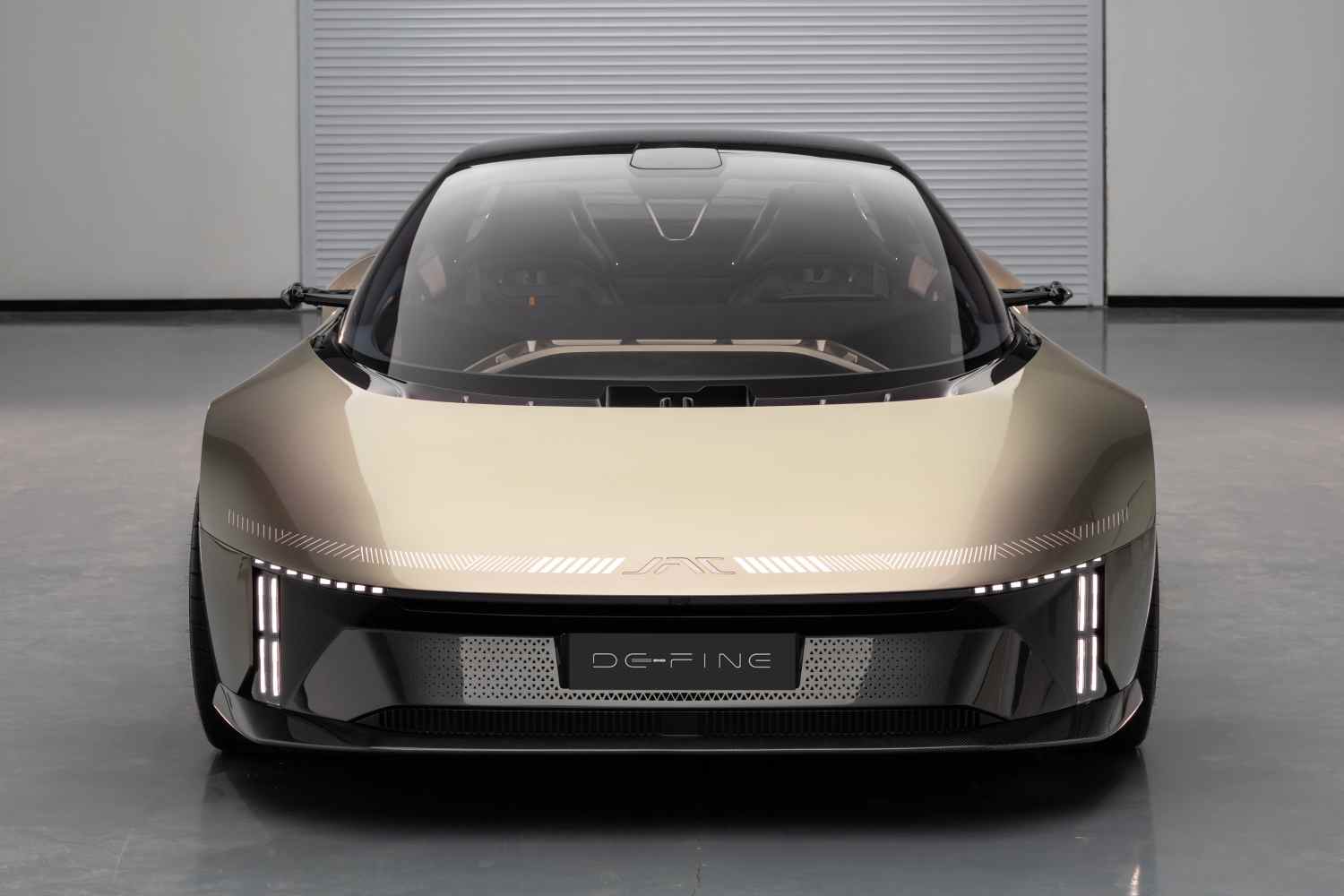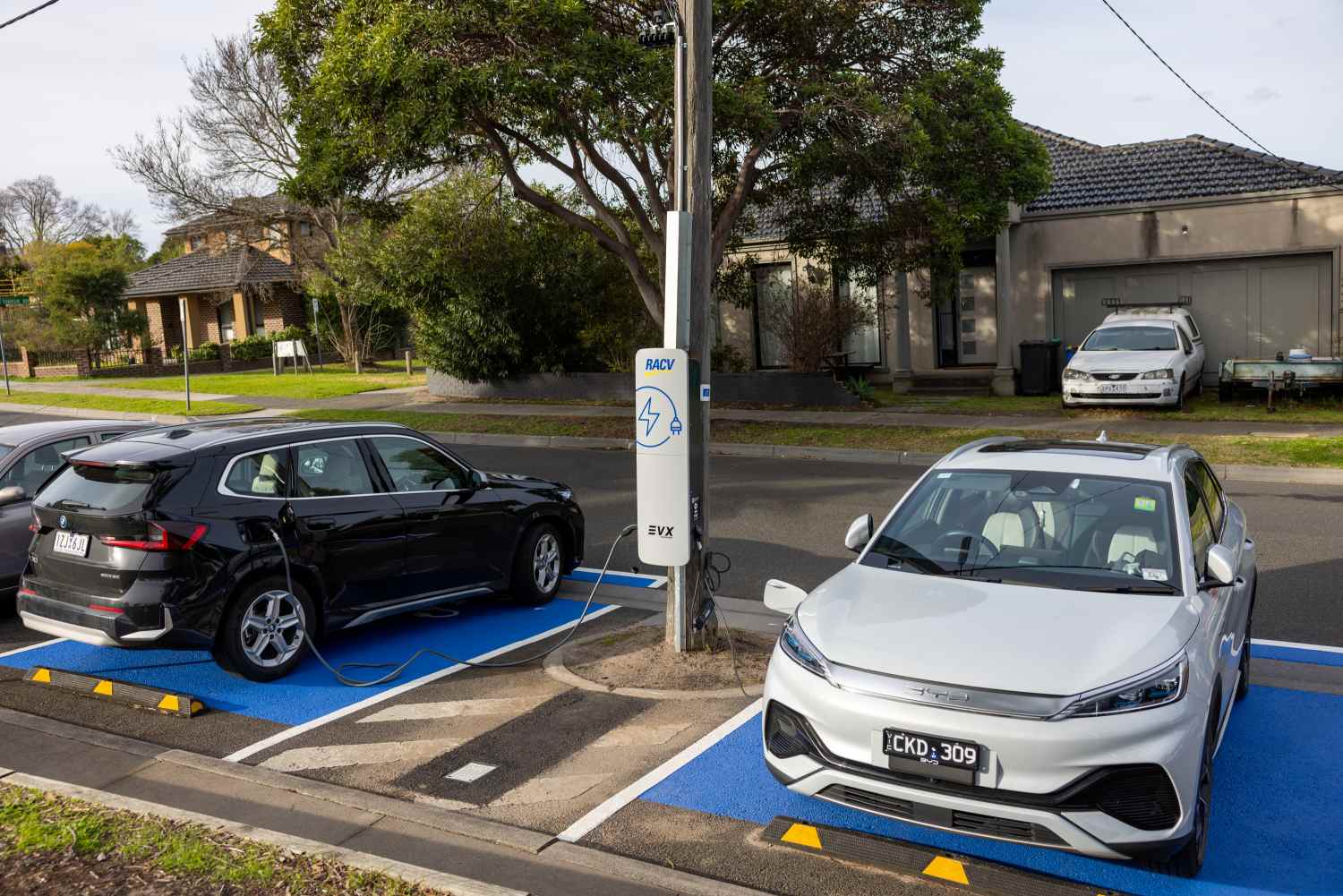McLaren Applied and Elaphe to enhance EV packaging, efficiency and driving dynamics and overall electriv vehicle (EV) performance
- New partnership combines McLaren Applied’s next-generation IPG5 800V silicon carbide inverter with Elaphe’s range of in-wheel motors creating a highly efficient system
- McLaren Applied and Elaphe’s compact, power-dense powertrain solution saves space and unlocks new possibilities for EV packaging
- IPG5 is highly controllable, offering variable switching frequencies and unparalleled motor response
- High efficiency and superior driving dynamics attributes to play an important part in the next wave of electrification
McLaren Applied has partnered with in-wheel motor specialists Elaphe to help automakers boost overall electric vehicle (EV) performance. The British engineering and technology pioneer is combining its next-generation IPG5 800V silicon carbide inverter with Elaphe’s range of in-wheel motors creating a highly efficient system that will enhance EV packaging, efficiency and driving dynamics.
At just 3.79L in size and weighing 5.5 kilograms, IPG5 provides unrivalled power density, efficiency and motor control. Alongside Elaphe’s compact high-torque in-wheel motor, the combined powertrain solution saves space, unlocking new possibilities for EV packaging.
Derived from decades of innovation in top tier automotive and motorsports applications, McLaren Applied’s IPG5 is highly controllable, offering variable switching frequencies and unparalleled motor response. The variability in switching frequency up to 32kHz enables engineers to use a faster, more efficient and lightweight drivetrain.
“We believe efficiency and driving dynamics will play an important part in the next waves of electrification,” commented Stephen Lambert, Head of Electrification at McLaren Applied. “Our IPG5 800V inverter enables customers to run different switching frequencies. And with variable switching frequencies comes the ability to run higher speed motors that are smaller and lighter. By combining IPG5 with Elaphe’s high speed in-wheel motors, we’re not only making the EV powertrain more responsive and efficient, we’re making it more cost-effective too. That’s a compelling proposition.”
“Elaphe is on a mission to make cars safer, more convenient and more exciting to drive. This is why we are fully committed to removing all mechanical constraints and making the powertrain software defined,” said Dr. Gorazd Gotovac, CTO of Elaphe Propulsion Technologies. “An efficient and highly responsive powertrain system is at the core of this, which is why McLaren Applied is the most natural partner and their IPG5 inverter is a perfect fit for our system. Combined with our motor control and powertrain control software it provides unprecedented controllability and efficiency.”
The automotive team at McLaren Applied sees efficiency as leading what it describes as the next ‘wave’ of electrification. The first involved early pioneers of technology, the second, current wave is denoted by the breakthrough of EVs to the mainstream. The third stage is efficiency and will see inverter technology rapidly adopt silicon carbide (SiC) semiconductors, especially in 800V architectures and vehicles that need longer range where efficient power electronics are key.
The fourth stage focuses on drivability and adding character back into the powertrains of electric vehicles, improving driver engagement and differentiation from the competition. “High switching frequencies and the ability to control the drivetrain more sensitively enables you to start programming different characteristics into the drivetrain. With this, we can introduce character that some might say is lacking from EVs,” adds Lambert.
The next-generation IPG5 800V silicon carbide inverter can power electric motors to more than 400kW peak, 250 kW continuous, at an unprecedented weight and volume. It has been designed for automotive applications, including direct drive, that are capable of operating high-speed motors efficiently and adhere to ISO 26262 ASIL-D standards.




